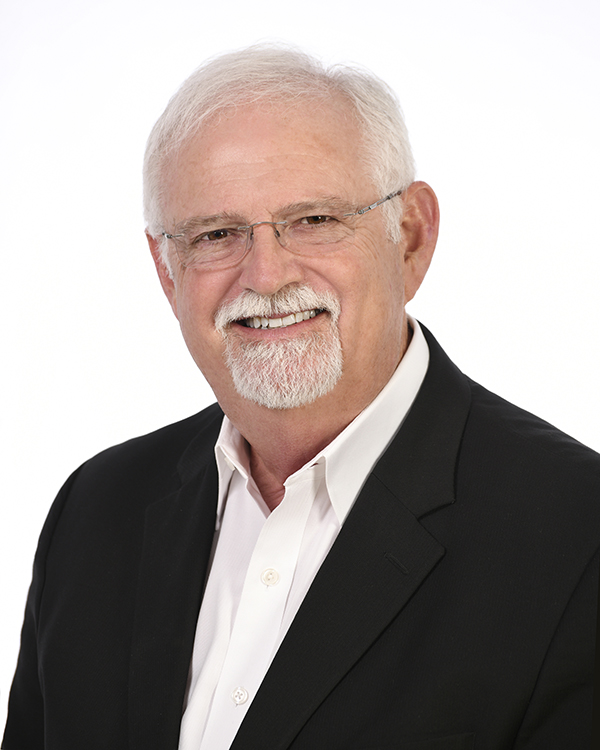EHS Today - April 2013
By: Terry L. Mathis
Printable Version
If you are the leader of a site, region, or the whole organization, and your safety professional has to ask you for support, you are doing your job wrong! Leaders should lead, not just support. If someone besides the leader is leading safety, the leader has abdicated. Whatever the true leader is leading will always be more important in the minds of the workers than what is led by a delegate. This does not mean the leader shouldn't confer with the safety professional and use their expertise to guide leadership activities. It means the leader and the safety professional should not trade roles.
One challenge is that many leaders, themselves, have been promoted from specialist to generalist. They started out in a specific field that is critical to the organization and moved up through the ranks. If their original specialty was not leadership or management, they often lack the "juggling" abilities to lead many aspects at once. Such leaders often choose to lead their original field of expertise very closely and delegate other aspects with which they are not as familiar. Safety is often one of these.
This model of delegating leadership for specific areas of effort has become the prevalent model in recent years. The specialization of knowledge and education, especially in the United States, has driven organizations to believe that subject-matter mastery is more important than generic leadership skills. While such expertise is critical to many organizations, when it is utilized through delegated leadership it tends to create two distinct problems: 1) The expert knows specific issues well but knows little or nothing about leading the efforts of others, and 2) The organization develops multiple leaders whose foci can easily compete for workers' attention and cloud the issue of overall organizational priorities. If there is no specific leadership training in the organization, new leaders tend to follow the examples and patterns of past leaders, which perpetuate these problems.
There can be a fine line between using specific expertise to help lead and delegating leadership to specialists. Almost all leaders surround themselves with people whose expertise compliment their own and complete the knowledge and skill-set necessary to lead the organization. Few leaders know it all or do it all themselves. However, in highly performing organizations, tasks and responsibilities are delegated, not leadership.
So what can leaders delegate in safety and what should they refuse to assign to others? The daily tasks of safety certainly can, and usually should be, delegated and the safety professional(s) should be a visible and approachable resource for everyone. The business of keeping current on regulations and guidelines should be performed by the safety staff, but meticulously communicated to the leader to keep their knowledge current and accurate. However, the following roles and responsibilities are the most crucial elements of safety leadership that leaders should not delegate.
Establishing Priorities – There is a debate about whether safety should be a priority or a value. However you label and define it, it will be competing with other priorities and/or values in your organization. Leaders send a message about what is most important and what cannot be neglected. If you delegate safety leadership to a specialist, your organizational culture will follow your values/priorities and your specialists will form a sub-culture of safety. Delegating safety leadership automatically diminishes the importance of safety among other considerations and sends the message that excellence in safety will not please the leader like excellence in more important areas.
Setting and Maintaining Levels of Expectation – Leaders not only send messages about what is important, they set the level of performance that is acceptable and desirable in those endeavors. They do so, whether consciously or not, by the consistency of their communications. Leaders who communicate regularly about safety performance, and compare current performance to desired performance, set and maintain a level of expectation. If they quit communicating, others often take that as a change or a relaxing of expectations, and performance often reflects that perception. Even if the safety people keep stressing safety, it is the leader who must be followed.
Enforcing Accountability – If levels of expectations are clear, leaders expect followers to perform to those expectations or face consequences. If there is no accountability for safety at the leader's level, performance usually declines at all levels. Individual accountability can be delegated, but the expectations of how that is to be done is a role of leadership. Consistency of message is key to making accountability uniform across the organization and across time. Having safety personnel take over safety accountability impacts individuals but often fails to accomplish the organization-wide goal of unified team effort toward the goal.
Challenging the Attainment of Excellence – Setting levels of expectation and enforcing accountability are often tools of compliance and minimal standards. True leaders can inspire and challenge even higher levels of performance that call for individuals to give discretionary effort to safety. Just keeping your job or getting by day-to-day can be replaced with consistently striving to be the best possible and going above and beyond. But this kind of effort is what most people give to the leader, not to the delegate.
Accepting Responsibility for Results – When leaders lead safety, they also accept the results of their leadership. They don't blame others or look for scapegoats when accidents happen or incident rates go up. They know they must lead in both good times and bad. They can lead the organization from good to great, or from bad to good, if needed.
There is an old saying, "When the leaders lead, the followers follow." This is especially true in safety. When safety is important enough to be led by the organizational leader, it is important enough to inspire the effort of every member. When leaders are consistent and passionate about safety, organizations often outdo themselves and create a level of excellence that is not possible when leaders simply try to "support".
 Terry Mathis, Founder and retired CEO of ProAct Safety, has served as a consultant and advisor for top organizations the world over. A respected strategist and thought leader in the industry, Terry has authored five books, numerous articles and blogs, and is known for his dynamic and engaging presentations. EHS Today has named him one of the '50 People Who Most Influenced EHS' four consecutive times. Business leaders and safety professionals seek Terry's practical insight and unique ability to introduce new perspectives that lead to real change. Terry can be reached at info@proactsafety.com or 800-395-1347.
Terry Mathis, Founder and retired CEO of ProAct Safety, has served as a consultant and advisor for top organizations the world over. A respected strategist and thought leader in the industry, Terry has authored five books, numerous articles and blogs, and is known for his dynamic and engaging presentations. EHS Today has named him one of the '50 People Who Most Influenced EHS' four consecutive times. Business leaders and safety professionals seek Terry's practical insight and unique ability to introduce new perspectives that lead to real change. Terry can be reached at info@proactsafety.com or 800-395-1347.
